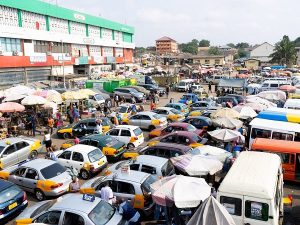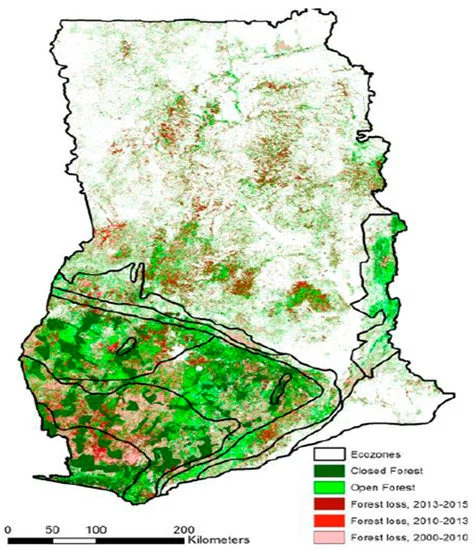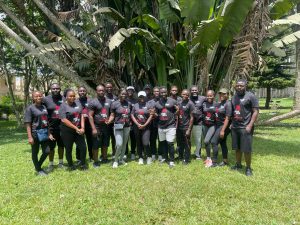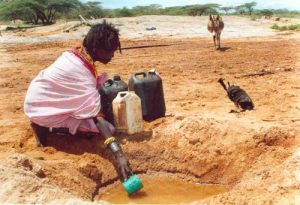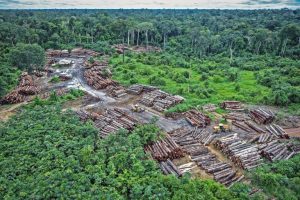Environmental stakeholders in Ghana have called for sustainable practices by all, especially those living around water bodies, to safeguard and protect the biospheric environment in the country for the benefit of the country’s future generations.
The stakeholders made this clarion call on the sidelines of a forum marking International Biosphere Reserves Day 2024, organised by the Environmental Protection Agency (EPA), in conjunction with the Kwame Nkrumah University of Science and Technology and UNESCO at Kumasi in the Ashanti Region.
Ghana has been a member of the World Network of Biosphere Reserves since 1983. Among our three remarkable biosphere sites are the Bia Biosphere in the Western North region, the Songhor Ramsar site in the Greater Accra region, and the Lake Bosomtwe Biosphere Reserve in the Ashanti Region, designated in 2016.
Biosphere reserves are examples of how to sustainably conserve ecosystems and balance the needs of humans and nature. The goal of UNESCO’s Biosphere concept is to improve the socio-economic status of local communities while conserving biodiversity.
The forum that demonstrated Ghana’s commitment to environmental protection and sustainable development was also the 4th National Forum on Biosphere Reserves and Sustainable Development in Ghana.
The forum themed “Synergizing Resources and Partnerships to Enhance Biosphere Reserves’ Contribution to the Global Biodiversity Framework” highlighted the critical role of biosphere reserves in promoting sustainable development and conservation at both national and global levels.
The event also underscored the importance of biosphere reserves as “natural laboratories” that enable the testing of sustainable practices.
In an interview with the media on the sidelines of the event, Sheila Nana Akua Eshun, Acting Director of Natural Resources at the Environmental Protection Agency (EPA), emphasized the significance of biosphere reserves in addressing environmental challenges.
She expressed worry over the pollution of Lake Bosomtwe through modernization and said the iconic natural lake needs to be protected. She said water bodies play a critical role in maintaining biodiversity and supporting life and are crucial to the survival of mankind.
“Biosphere reserves are invaluable as they offer us real-world insights into managing ecosystems sustainably,” Mrs. Eshun stated. “They serve as vital areas for exploring and demonstrating practices that conserve our natural resources, particularly our water bodies, which are essential for future generations.”
Throughout the forum, participants engaged in in-depth discussions on topics including sustainable resource management, community involvement in conservation, and strategies for climate adaptation. These sessions focused on how biosphere reserves can support Ghana’s commitment to sustainable development by protecting water bodies and other essential natural resources from degradation.
The Ashanti Regional Director of the Environmental Protection Agency, Dr. Jackson Adiyiah Nyantakyi, for his part, stressed the need for long-term solutions to halt the destruction of Ghana’s natural reserves. He explained that the event was an opportunity to identify practical approaches to preventing environmental degradation, especially for water bodies and forest reserves.
He also cautioned against illegal activities that destroy reserves, especially in the restricted zones.
We are committed to finding lasting solutions to protect our natural resources from destruction,” Dr. Nyantakyi remarked.Dr.
